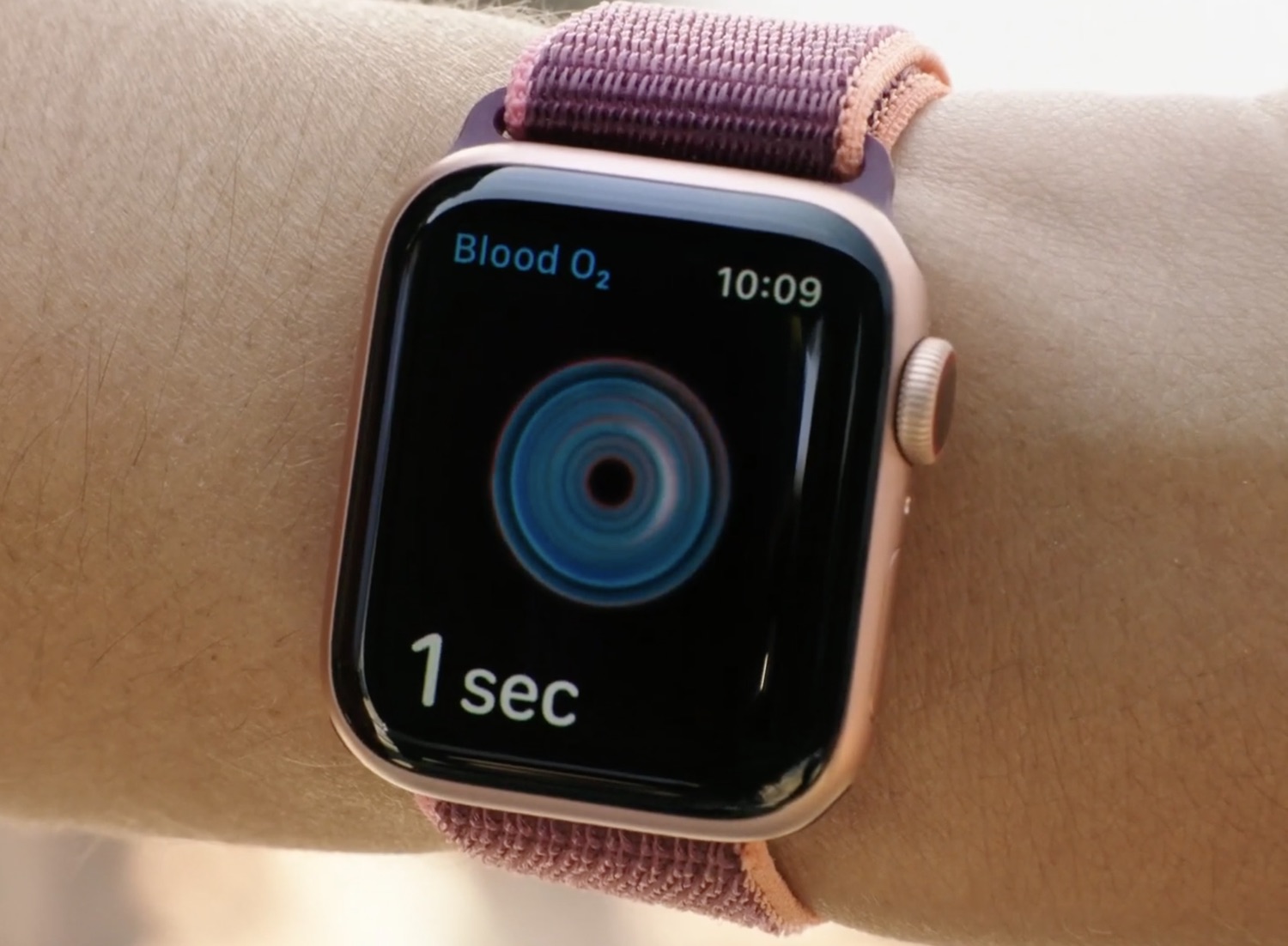Some numbers... Dexcom alone is costing myself $3600 CAD a year. It has to have a sensor replaced every ten days, two hour start up period, and generally wildly inaccurate for one or two days*.
But, it allows a reading to be broadcast to my watch/computer screen/car display every five minutes, and software has made the device pretty indispensable taking my type 1 diabetic a1c in to non-diabetic range... 4.8%. I've adjusted eating habits; cardio - close my activity ring each day... raised my insulin sensitivity, and feel the best I ever had with 35 years dealing with this.
* -home blood glucose readers with the $1 a try strips are ALSO prone to being wildly inaccurate at times. I've felt okay, reading has said 11.5... that doesn't seem right... try again. 6.3.
Let's assume this type of result isn't medically accurate, thus useless to myself... I think where a sensor on a watch might be of interest is risk of DKA. On the series three, there are notifications you can enable for high heart rate while it appears you are sitting. If perhaps this device can take a reading with... reliable readings within 30% of actual every twenty minutes, and see the result is three to four times higher than what is considered normal (4-7 mmol/L) for hours on end... something isn't right. Consider seeing a doctor.
But, it allows a reading to be broadcast to my watch/computer screen/car display every five minutes, and software has made the device pretty indispensable taking my type 1 diabetic a1c in to non-diabetic range... 4.8%. I've adjusted eating habits; cardio - close my activity ring each day... raised my insulin sensitivity, and feel the best I ever had with 35 years dealing with this.
* -home blood glucose readers with the $1 a try strips are ALSO prone to being wildly inaccurate at times. I've felt okay, reading has said 11.5... that doesn't seem right... try again. 6.3.
Let's assume this type of result isn't medically accurate, thus useless to myself... I think where a sensor on a watch might be of interest is risk of DKA. On the series three, there are notifications you can enable for high heart rate while it appears you are sitting. If perhaps this device can take a reading with... reliable readings within 30% of actual every twenty minutes, and see the result is three to four times higher than what is considered normal (4-7 mmol/L) for hours on end... something isn't right. Consider seeing a doctor.



